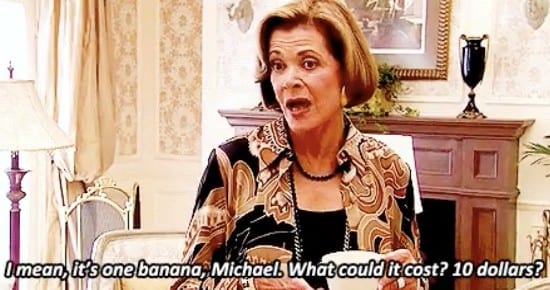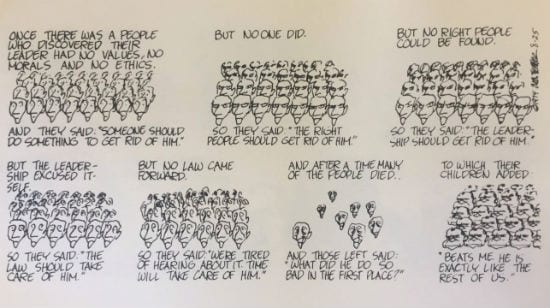I’d forgotten that Friday was Carl Sagan Day.
I had the privilege of working on part of his legacy in the 1990s during the launch of the Evangelical Environmental Network. EEN was one branch of the National Religious Partnership for the Environment — an effort sparked by Sagan’s “Open Letter to the Religious Community” in 1990.
That letter included some delightfully Sagan-esque language:
The Earth is the birthplace of our species and, as far as we know, our only home.
… As scientists, many of us have had profound experiences of awe and reverence before the universe. We understand that what is regarded as sacred is more likely to be treated with care and respect. Our planetary home should be so regarded. Efforts to safeguard and cherish the environment need to be infused with a vision of the sacred. At the same time, a much wider and deeper understanding of science and technology is needed. If we do not understand the problem, it is unlikely we will be able to fix it. Thus, there is a vital role for both religion and science.
We know that the well-being of our planetary environment is already a source of profound concern in your councils and congregations. We hope this appeal will encourage a spirit of common cause and joint action to help preserve the Earth.
* * * * * * * * *
I think Sagan would have liked this piece from Grist’s David Roberts, “Climate science is Nate Silver and U.S. politics is Karl Rove“:
In short, the Nate Silvers of climate science are forecasting a landslide — that is, humanity under a landslide of drought, floods, disease, and dislocation. They’re telling us that unless we change our campaign strategy, i.e., undertake rapid, large-scale efforts to mitigate and adapt to climate change, our chances of surviving and prospering are dim and getting dimmer.
We simply haven’t come to terms with what empirical science is telling us. The mainstream media hasn’t come to terms with it. Most public intellectuals have not come to terms with it. And almost no politicians have come to terms with it. (Republicans deny it, most centrists ignore it, and Dems mouth platitudes about it.)
We all sound like pundits, going with our “guts.” The science feels too scary, too abrasive, too implausible. The hippies out there protesting over climate change feel “unserious.” The notion that energy prices might have to rise or lifestyles change feels “alarmist.” We talk about climate, if we talk about it at all, in terms of folk wisdom and time-worn prejudices. We sound like Peggy Noonan with her vibrations.












